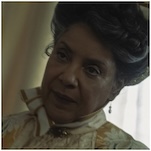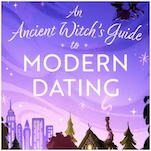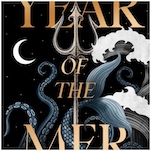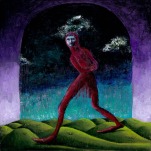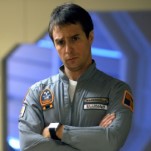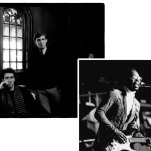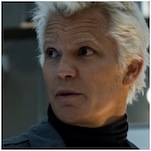Spotlight
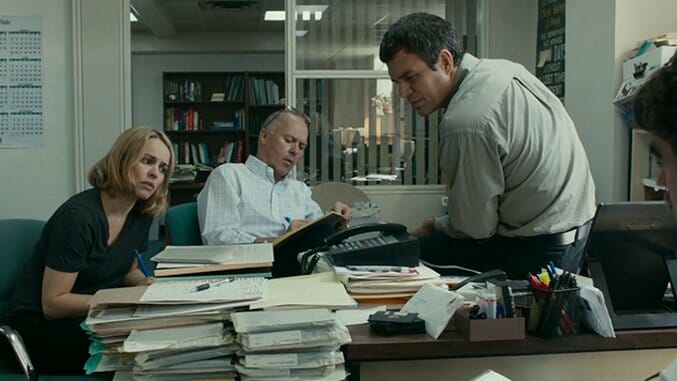
Bostonians tend toward insularity that often comes off like rudeness. In truth, that stereotypical coarseness is a blend of honesty and austerity: They favor candor over sensitivity, and act like total introverts in the interest of honoring their neighbors’ privacy. Tom McCarthy’s latest film, Spotlight, appreciates that social shuttering better, perhaps, than it appreciates its subject matter. People here can chatter all day long about Tom Brady’s mansome beauty, New York’s quantifiable suckitude and whether MassDOT will ever fix the goddamn T. If you bring up topics of a personal or distressing nature, though, you risk getting the door slammed in your face—and, without making too trite a point, few topics are as personal or distressing as ecclesiastical sexual abuse.
Spotlight is the second major studio-driven picture in 2015 to study Boston’s more infamous bêtes noires. In September, Black Mass painted Whitey Bulger as the prosthetic-laden monster hiding under your bed. Now, just on the cusp of Oscar season, McCarthy’s film details The Boston Globe’s early 2000s coverage of the sex abuse scandal in the Catholic archdiocese, which began in the City proper before extending to Canada, Ireland and beyond. (The film takes its name from the Globe’s longstanding investigative unit, which did the legwork in publicizing the story.) If you’re not familiar with the specifics of the impropriety, Spotlight breaks it down thusly: Pedophilic priests molested kids in their parishes for decades, and, when caught, enjoyed off-the-books settlements and clerical reappointments instead of jail time, courtesy of the church’s corrupt ruling body and its outsized local influence.
There’s more to the story than that, of course, much more, and the movie explicates its facts cleanly while resisting the considerable temptations of overdramatizing them: Spotlight is prestige fare that’s quiet rather than flashy, treating its content and characters with a measure of respect rarely seen among industry biopics of its caliber. McCarthy and co-writer Josh Singer want to make a statement, but they’re both smart enough to know that the material itself is statement enough. They’ve made a film about the looming terror of spiritual betrayal, set among communities that treat the church as significant components of their collective backbone.
They have also made a film about journalists putting their heads down and simply doing their jobs. Spotlight feels like an ode to a pre-Internet era of nose-to-the-grindstone reporting and the results yielded by doggedly chasing leads and following up with sources. The film’s investigative bent manages to be gripping and compelling in ways it reasonably shouldn’t: There is very little, on paper, that’s cinematic about the process of gathering data, fact-checking, conducting witness interviews and tying it all together in a Word doc. Yet McCarthy makes journalistic practices arresting, and occasionally even dangerous, without trumping up reality.
-

-

-

-

-

-

-

-

-

-

-

-

-

-

-

-

-

-

-

-

-

-

-

-

-

-

-

-

-

-

-

-

-

-

-

-

-

-

-

-

